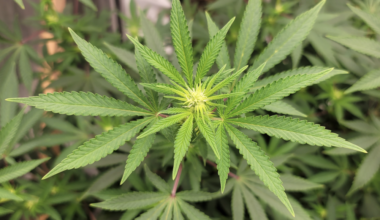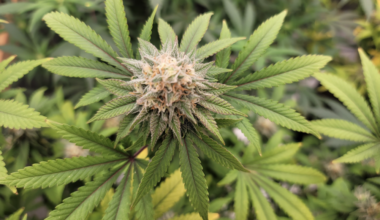Professional baseball teams can begin selling sponsorships to CBD brands following a Major League Baseball (MLB) announcement last week; the organization is joining the Ultimate Fighting Championship (UFC) and NASCAR in allowing CBD ads, the Sports Business Journal reports. All products considered for ad spots must first pass a THC threshold analysis by the National Sports Federation (NSF), confirming they do not have active levels of THC. Additionally, each deal must get final approval from the MLB commissioner, the report says.
“We’ve been watching this category for a while and waiting for it to mature to the point where we can get comfortable with it,” MLB Chief Revenue Officer Noah Garden said. “Our fans are very much the kind of customers they are looking for, and we like being first. It’s a good opportunity for us and the clubs.”
Garden indicated the league is open to patch deals, but the company “has to have a brand that represents sports.” CBD vendors granted deals will be able to post ads during MLB telecasts, similar to sports betting ads, the Journal says.
Although CBD is federally legal and several athletes including golfer Bubba Watson, former National Football League tight end Rob Gronkowski, U.S. Women’s National Team star Megan Rapinoe, and the Richard Childress NASCAR team currently carry CBD sponsorships, sports, in general, have been slow to jump into the business of selling CBD ads.
Experts believe the MLB’s move into the space will spur other leagues like the National Basketball Association (NBA) to begin offering players and teams the opportunity to sell CBD spots, the report says.
Garden says the NSF certification gives the league “a comfort level to be able to move forward.”
Get daily cannabis business news updates. Subscribe
Medical Disclaimer:
The information provided in these blog posts is intended for general informational and educational purposes only. It is not a substitute for professional medical advice, diagnosis, or treatment. Always seek the advice of your physician or other qualified healthcare provider with any questions you may have regarding a medical condition. The use of any information provided in these blog posts is solely at your own risk. The authors and the website do not recommend or endorse any specific products, treatments, or procedures mentioned. Reliance on any information in these blog posts is solely at your own discretion.






